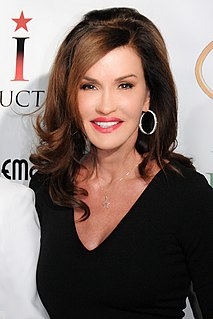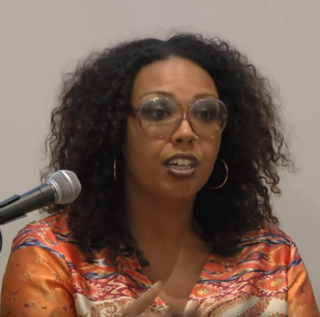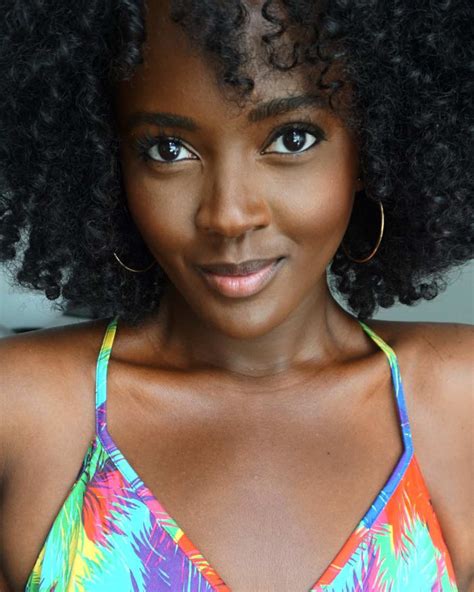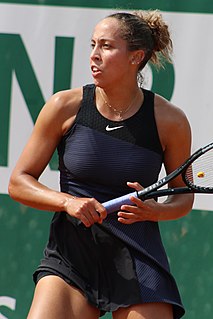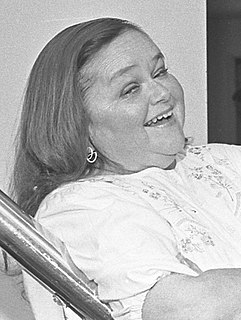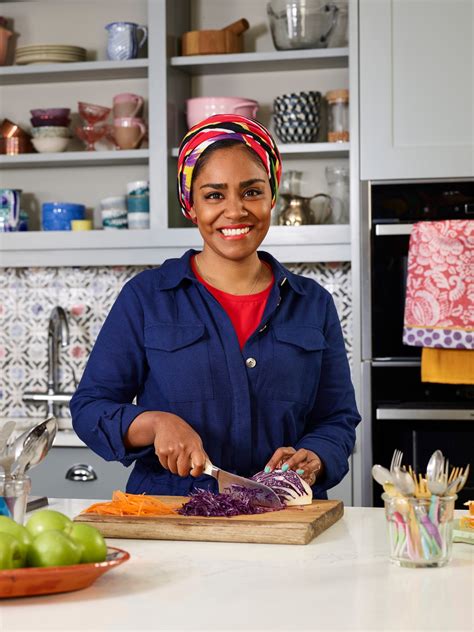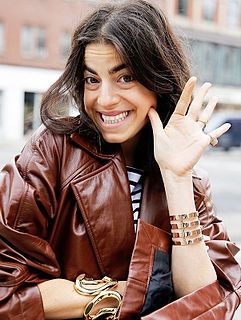A Quote by Janice Dickinson
People identify with me - everyone does - African American women, Caucasian women, they all identify with me because I'm ethnic.
Related Quotes
I identify with other women because of my gender, and I identify with other women if they are mothers because I'm a mother, too. It's very simple. It's nothing complicated, it's not rocket science. It's about empathy. It's about understanding that what happens with one person is potentially what happens to you, and seeing yourself in someone else's shoes. Fundamentally, we are all in the same place: we're born, we live, and we're going to die. In between, we'll have joy and we'll have sadness.
It's always been important to me to be very upfront with people about the fact that I do identify as a feminist because it's an opportunity to expose people to and educated them about the movement. Young women don't identify as feminist is because they don't know any feminists and don't have a comprehensive understanding of what it is, I gave them example and an opportunity to ask about it. And once they saw that I wasn't the embodiment of the negative feminist stereotype - that I was a normal teen girl just like them - I think they became more open to learning about what feminism really is.
I have been villainized because of my identity - I've received nasty blog comments and emails just based on my willingness to identify with feminism by people who clearly don't understand what I value and why I identify as a feminist. Ultimately, I'm less concerned with whether or not people identify as feminist and am more concerned with whether or not people understand what feminism is. If they don't want to identify as a feminist that's fine. I respect people's decision to identify any way they want and expect that same respect in return, although I don't always get it.
The potential significance of Black feminist thought goes far beyond demonstrating that African-American women can be theorists. Like Black feminist practice, which it reflects and which it seeks to foster, Black feminist thought can create a collective identity among African-American women about the dimensions of a Black women's standpoint. Through the process of rearticulating, Black feminist thought can offer African-American women a different view of ourselves and our worlds
